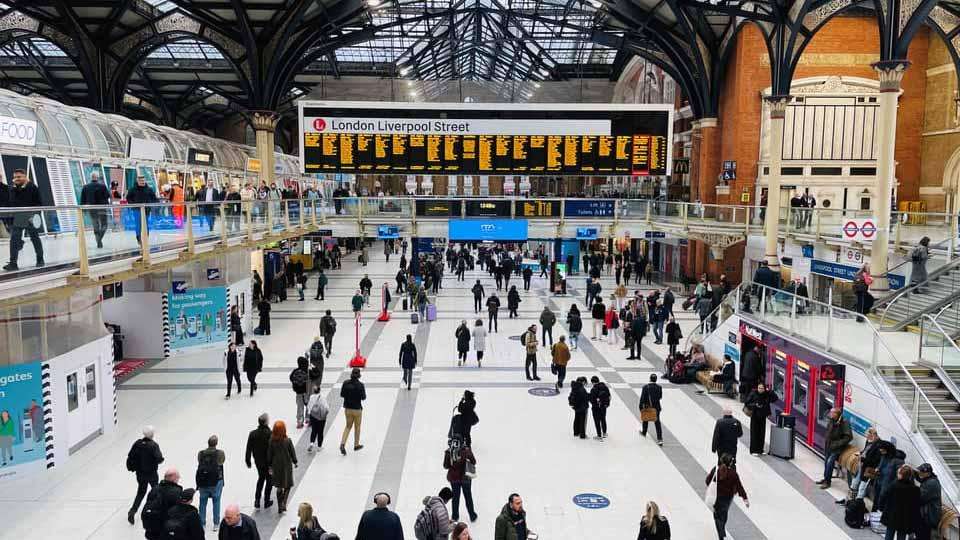The 138 men seeking asylum at the Bell Hotel in Epping have received a moment of respite after a period of intense anxiety. In a turn of events, the Court of Appeal has reversed a High Court order that would have forced them to leave their temporary home by September 12. This decision offers a reprieve, but for those living in a state of uncertainty, the future remains precarious.
For these individuals, many of whom have fled unimaginable hardship, the hotel is more than just a building—it's a fragile refuge. The High Court's initial ruling was a crushing blow, leaving them to wonder where they would go next. The thought of being uprooted again, potentially without a destination, was a source of deep distress. One asylum seeker, speaking to ITV News after the initial ruling, expressed his fear: "Please don't move us, if you move us everyone else will want to do the same to us." His words reveal the chilling sense of vulnerability that comes with their situation, where they are seen not as people, but as problems to be moved around.
The Court of Appeal's ruling, which found "a number of errors" in the High Court's decision, means that for now, the men can stay. While the government has celebrated this as a win for the asylum accommodation system, for the men themselves, it's a simple, human relief: the immediate threat of homelessness has been lifted.
The Path Forward: A Fragile Stability
Despite the ruling, the stability is fragile. Epping Forest District Council could still seek to appeal the decision to the Supreme Court. This would prolong the legal and emotional battle for the men, who are already grappling with the trauma of their past and the challenges of their present. The use of hotels for asylum seekers has been a source of significant public and political debate, often fueled by misinformation and fear. The protests that have occurred outside the hotel have made life even more difficult, adding a layer of hostility and isolation to an already challenging existence.
For those living in asylum hotels, life is far from comfortable. Reports from organizations like Refugee Action have highlighted the poor conditions, including small, cramped rooms, lack of privacy, and inadequate food. Many asylum seekers are forced to share rooms with strangers, which is particularly difficult for survivors of torture and trafficking. They are also forbidden from working and are given a very small allowance, which leaves them with almost no money for basic necessities. The constant uncertainty about their future and the conditions in which they live can have a devastating impact on their mental health.
This latest court ruling offers a chance for a brief period of calm. But it also underscores the systemic issues within the UK's asylum system—a system that often keeps people in limbo, unable to move forward with their lives. The men at the Bell Hotel are a testament to the fact that while legal battles may be won or lost, the human stories behind them continue.




_2.jpg)


.svg)

.jpg)